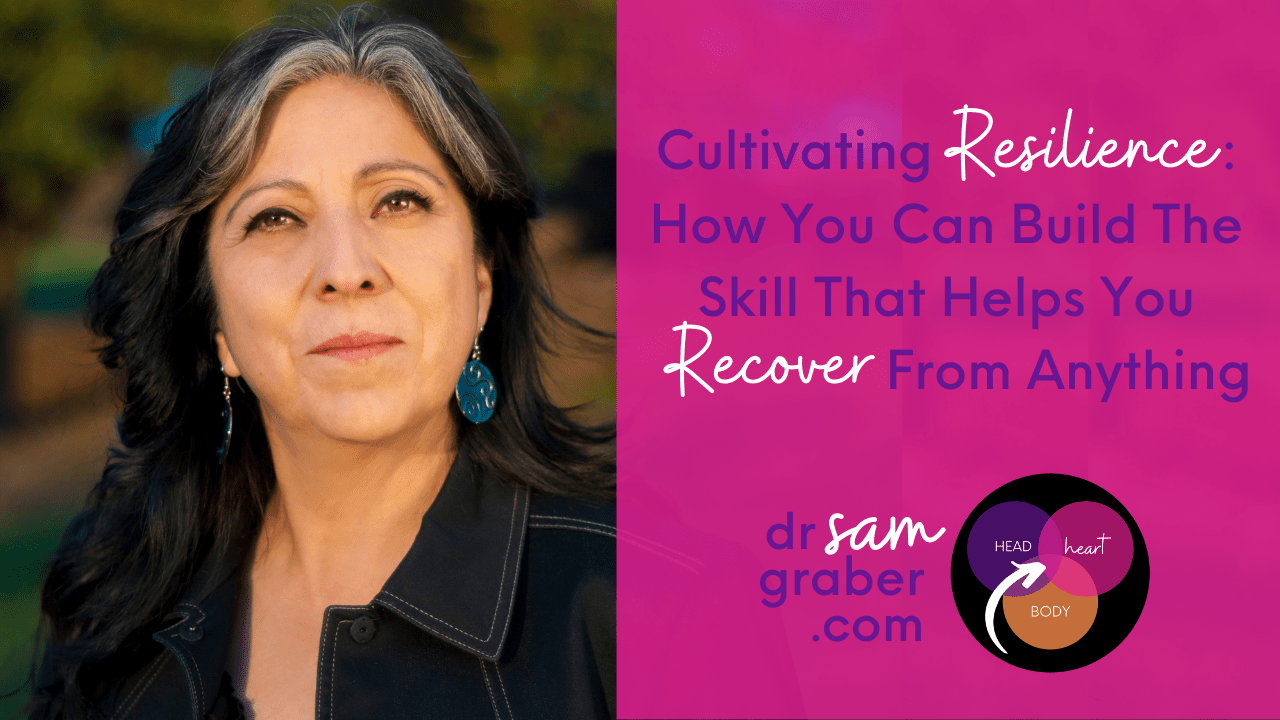
Cultivating Resilience: How You Can Build The Skill That Helps You Recover From Anything.
Resilience is a critical skill to possess. No matter how many times you are unsuccessful in life, resilience allows you to bounce back and try again. Like all skills, resilience can be honed with practice. Use this guide to improve your resilience and never give fear the steering wheel again.
Take care of your body. Maintaining a proper sleep schedule and eating a diet that truly nourishes are a winning duo. Our bodies’ physiological states are directly related to our mental and emotional states. Keeping your body in good condition better prepares you to handle mental distress.
Be aware of your thoughts. Negative thoughts can be pervasive little buggers. Often leaving us feeling as though we have no control over them. However, this is not the case. When negative thoughts creep in, and they will, be aware of how you react. We shape our mindset by telling ourselves what we can and cannot do.
Maintain positivity. Whenever we experience a failure, we tend to connect to said failure a bad feeling about ourselves. We failed; we are not a failure. Keep in mind that failure is a normal and natural part of the process of pursuing success. Instead of focusing on the negative, focus on what you can do to be more successful the next time around.
Remind yourself of what you can control. It is not usually a deep-seated fault within ourselves that causes a failure to occur. Many outside factors influence how events play out and sometimes these factors are out of our control. We have to stay focused on what we can control and improve within ourselves; there is no point in trying to control that which is outside our ability to do so.
Be confident. Confidence increases our likelihood to attempt something new. If you are afraid of failing, chances are you may never try to begin with. This is where the tragedy of life lives. What aspect of your genius will the world be missing out on if you never try in the first place? The hardest part of any task is starting. And by channeling your confidence, you are more likely to begin a task that you had originally thought intimidating.
Don’t be afraid to seek support. Support doesn’t always have to be direct. Just having someone to vent to can make you feel better after failure. Plus, having an outside view of the situation can offer you a new perspective that you may not have seen before.
Cultivating your resilience will make you better at bouncing back from failure. Don’t be afraid to fail…welcome it. Failure is an opportunity for growth and it is by far one of our best teachers.
If you find it difficult to be resilient in the face of adversity, practice these tips to flex your resilience muscles.
